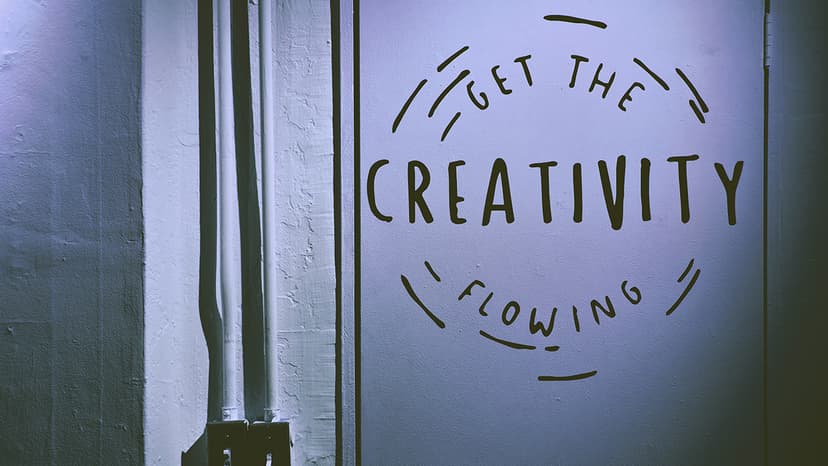B2B vs B2C Customer Service: Understanding the Crucial Differences
Providing excellent customer service should be a key goal for any business. The relationship with customers can significantly impact success. Customer service varies widely between business-to-business (B2B) and business-to-consumer (B2C) models. Each has its unique expectations, communication styles, and service requirements.
Personalization: A Tale of Two Expectations
What distinguishes personalization in B2B and B2C?
In B2C, customer service aims to create a smooth experience for many individual customers. The focus is on efficiency and often involves automated systems.
In B2B, customer service is more like having a dedicated account manager. Relationships are deeper and focus on understanding each client’s business goals and needs.
Communication: The Channels and the Tones
What are the preferred communication channels for B2B and B2C?
B2C typically uses instant tools like live chat, email, and AI-powered chatbots to handle a variety of concerns quickly.
On the other hand, B2B often relies on video conferences and in-depth phone calls. The tone here tends to be professional and technical, emphasizing detailed discussions and a consultative approach.
Response Time and Resolution: The Clock Is Ticking
How do response times differ between B2B and B2C?
In B2C, quick responses are essential. Customers expect immediate assistance, especially during peak times such as sales events.
B2B queries often require more detailed investigation. Solutions must address not just the immediate issue but also fit within the larger operations of the client's business.
Resolving Problems vs. Fostering Growth
What is the primary focus of customer service in B2B compared to B2C?
B2C customer service often acts like a troubleshooter, quickly addressing problems to minimize disruptions.
In contrast, B2B service is more strategic. It involves helping clients refine processes and adapt services, contributing to their ongoing success.
Volume and Value: A Balancing Act
What is the difference in interaction volume and individual value between B2B and B2C?
B2C typically sees high volumes of low-value interactions. Customer service teams must manage many inquiries efficiently.
B2B, on the other hand, generally involves fewer clients but each has a significant impact on revenue. Providing personalized attention is critical to retaining these valuable relationships.
Tailoring Tech for Terrific Service
How does technology play a role in B2B and B2C customer service?
B2C benefits from technology that supports self-service through FAQs and automated systems.
In B2B, technology is used for comprehensive CRM systems that manage complex relationships and track communications throughout lengthy sales cycles.
The Final Bell: Lasting Impressions
What leaves a lasting impression on customers?
In B2C, simple gestures like a thank you note or a discount can foster loyalty.
For B2B clients, offering additional value through discussions or custom reports can strengthen relationships and support strategic planning.
What is the central takeaway for B2B and B2C customer service?
Both B2B and B2C aim to provide excellent service but approach it differently. Understanding these distinctions can help businesses tailor their customer service strategies effectively. Each interaction is an opportunity to demonstrate value and build trust, whether with individual consumers or large enterprises.












